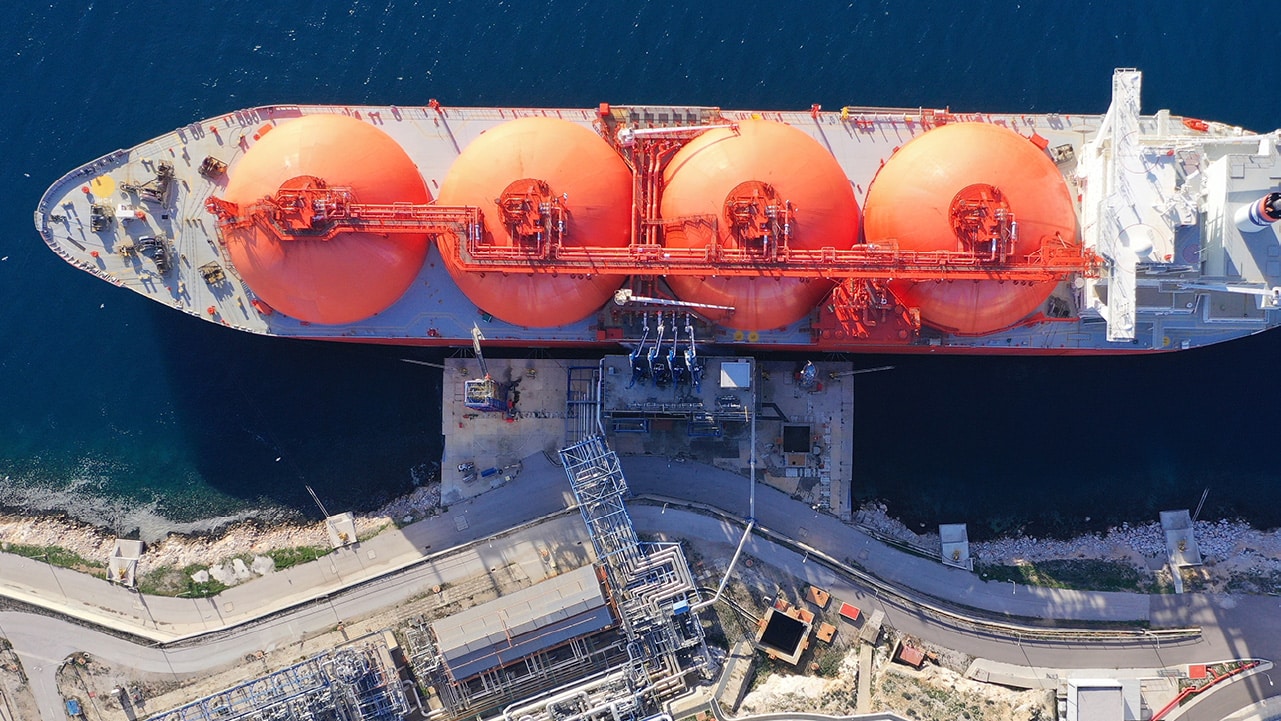ASTM D4060 Abrasion Resistance Testing of Tank Coatings
The ASTM D4060 test method is designed to evaluate the abrasion resistance of coatings used in tank systems, particularly those found on marine and ship equipment. This testing is critical for ensuring the longevity and reliability of these systems, which are exposed to harsh environmental conditions that can lead to rapid wear and degradation.
The abrasion resistance of a coating determines its ability to withstand mechanical action such as friction from cargo or other abrasive materials within the tank. This test simulates real-world conditions where coatings in ship tanks may experience continuous abrasion due to the movement of bulk cargoes, cleaning operations, and other operational activities. The primary purpose of this testing is to ensure that the coating can maintain its integrity over time, thereby reducing maintenance costs and extending the life cycle of the equipment.
The test method involves applying a specified amount of abrasive material against the coated specimen under controlled conditions of weight load, speed, and duration. This process simulates the abrasive forces that a coating in a tank might experience during routine operations or cleaning procedures. The abrasion resistance is then measured by comparing the original thickness of the coating to its remaining thickness after undergoing the specified test conditions.
For accurate testing results, it is essential to follow the exact protocols outlined in ASTM D4060. Failure to adhere strictly to these guidelines can lead to inaccurate or unreliable data, which may compromise the integrity and reliability of the test results. Therefore, ensuring that all aspects of specimen preparation, instrument calibration, and operational procedures are conducted precisely as specified by the standard is crucial.
The equipment used for this testing typically includes an abrasive wheel or disk that is rotated at a specific speed while applying a predetermined weight load to the coated sample. The duration of contact between the abrasive material and the coating must also be controlled according to the test protocol. After the test, the remaining thickness of the coating is measured using precision instruments such as micrometers or electronic gauges.
The results of ASTM D4060 abrasion resistance testing are typically presented in terms of the percentage reduction in coating thickness after undergoing the specified abrasive conditions. These results provide valuable insights into the durability and performance of the coatings under various environmental and operational stresses, enabling quality managers, compliance officers, R&D engineers, and procurement teams to make informed decisions regarding material selection and equipment design.
It is also important to note that ASTM D4060 testing can be customized based on specific project requirements. For instance, different abrasive materials or varying weight loads may be used depending on the intended application of the tank coating. This flexibility allows for a more accurate representation of real-world conditions and enhances the relevance of test results.
Industry Applications
| Application Area | Description |
|---|---|
| Marine & Ship Equipment Testing | Evaluating the abrasion resistance of coatings used in marine and ship tanks, ensuring durability under harsh operational conditions. |
| Cargo Handling Systems | Testing coatings for cargo handling systems to ensure they can withstand abrasive materials during loading and unloading operations. |
| Ship Hull Maintenance | Evaluating the effectiveness of protective coatings on ship hulls to prevent wear and tear caused by frictional forces. |
The ASTM D4060 test method is widely used in various industries, particularly those that operate large-scale marine equipment. By ensuring that tank coatings possess sufficient abrasion resistance, these industries can enhance the operational efficiency of their equipment and reduce maintenance downtime.
- Marine transportation companies benefit from reduced wear on their vessels' tanks, leading to extended service life and lower repair costs.
- Oil and gas companies improve the longevity of their storage facilities by selecting coatings that can withstand abrasive materials during cleaning operations.
- Shipbuilding firms enhance the performance and reliability of new equipment by incorporating abrasion-resistant coatings into their designs.
Customer Impact and Satisfaction
Improved Equipment Durability: By ensuring that tank coatings have sufficient abrasion resistance, customers can expect increased durability of their marine equipment, leading to longer service life.
Enhanced Safety: Abrasion-resistant coatings play a crucial role in maintaining the structural integrity of tanks and vessels, thereby enhancing overall safety during operations.
The results from ASTM D4060 testing contribute significantly to customer satisfaction by providing them with reliable data that supports informed decision-making. This ensures that only high-quality materials are used in critical applications, which ultimately leads to safer and more efficient equipment operation.
Customers appreciate the detailed reports generated from these tests as they provide clear insights into the performance of coatings under specific conditions. This transparency fosters trust between the testing laboratory and its clients, contributing to long-term business relationships based on mutual respect and collaboration.
International Acceptance and Recognition
The ASTM D4060 test method is widely recognized and accepted globally for evaluating the abrasion resistance of coatings used in tank systems. This standard is endorsed by numerous international organizations, including the International Maritime Organization (IMO), which plays a key role in setting global standards for maritime safety and environmental protection.
ISO 17840-2:2013, which aligns with ASTM D4060, provides additional guidance on conducting abrasion tests. The use of internationally recognized standards like these ensures that testing practices are consistent across different regions and industries, promoting interoperability and comparability of results.
Many countries have adopted ASTM D4060 as a national standard for evaluating coatings in marine applications. This widespread acceptance underscores the importance of this test method in ensuring compliance with global regulations and industry best practices. Compliance with such standards is crucial for companies operating internationally, as it helps them meet regulatory requirements and gain competitive advantages.
By adhering to ASTM D4060 and similar international standards, organizations can demonstrate their commitment to quality and safety, which enhances their reputation in the global marketplace. This recognition also facilitates smoother trade processes and fosters collaboration with partners around the world.





